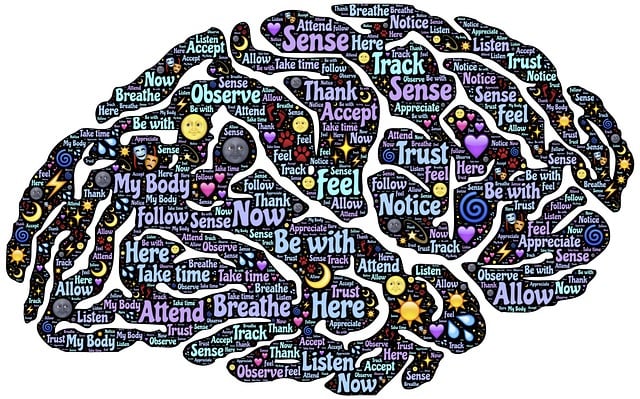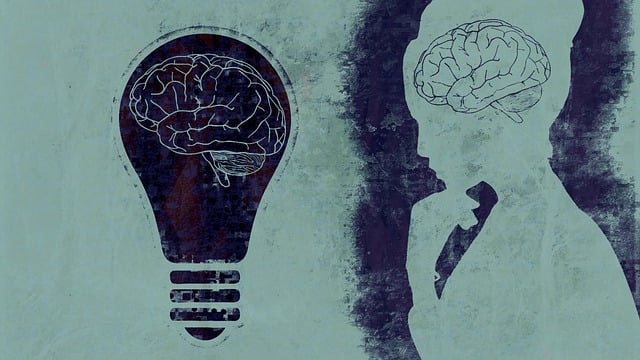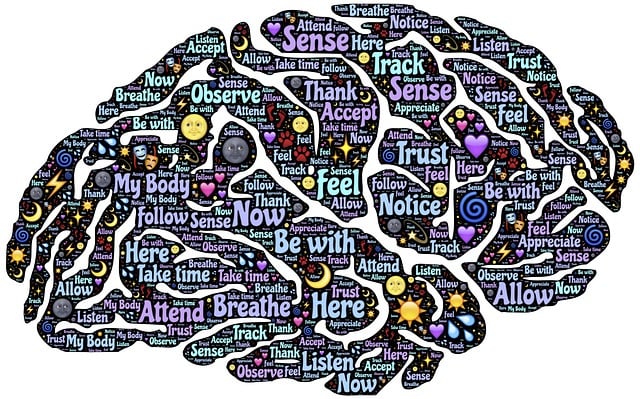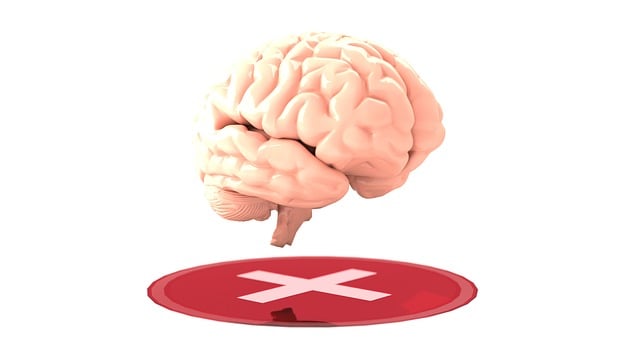Mental health professionals specializing in Centennial Autism Spectrum Disorder (ASD) therapy face unique challenges requiring stress management and self-care strategies, such as workshops, mindfulness, and professional development. Early risk assessment and addressing factors crucial for long-term success in this demanding field. Prioritizing client safety involves thorough mental health risk assessments, evidence-based practices tailored to individual needs, and regular protocol updates based on insights from the Mental Wellness Podcast Series Production.
Mental health professionals working with individuals on the Autism Spectrum Disorder (ASD) face unique risks. This article explores the nuances of risk assessment for these specialists, focusing on strategies essential for safe and effective practice in Centennial autism spectrum disorder therapy. We delve into understanding specific risk factors, developing robust assessment frameworks, and implementing mitigation tactics to foster a secure therapeutic environment. By adopting comprehensive approaches, professionals can enhance client outcomes and maintain their well-being.
- Understanding Risk Factors for Mental Health Professionals Working with Autism Spectrum Disorder (ASD)
- Developing a Comprehensive Risk Assessment Framework for ASD Therapy
- Mitigating Risks and Promoting Safe Practices in Centennial ASD Therapy
Understanding Risk Factors for Mental Health Professionals Working with Autism Spectrum Disorder (ASD)

Mental health professionals who specialize in Autism Spectrum Disorder (ASD) therapy face unique challenges that can significantly impact their well-being. Understanding and mitigating risk factors is crucial for maintaining a healthy work-life balance, especially given the demanding nature of this field. Centenal autism spectrum disorder therapy requires professionals to navigate complex behaviors, intense emotions, and often, high-stress situations.
Building resilience is an essential aspect of self-care for these practitioners. Stress management workshops and organization can provide valuable tools for coping with the demands of their work. Additionally, focusing on self-esteem improvement through mindfulness techniques or professional development opportunities can enhance their confidence when dealing with ASD clients. Recognizing and addressing these risk factors early on is vital to prevent burnout and ensure long-term success in centenal autism spectrum disorder therapy.
Developing a Comprehensive Risk Assessment Framework for ASD Therapy

In the realm of mental health care, especially when catering to individuals on the Autism Spectrum (ASD), a robust and comprehensive risk assessment framework is paramount. This approach ensures that therapists are equipped to navigate the unique challenges presented by ASD therapy, fostering a safe and supportive environment for clients. The process involves meticulous evaluation of various factors, including the therapist’s expertise in Centennial Autism Spectrum Disorder Therapy, their coping mechanisms for stress management, and an understanding of potential triggers or risks within the therapeutic setting.
Organizing Stress Management Workshops can be a strategic component of this framework. These workshops empower mental health professionals with tools to recognize and mitigate stress-related risks, enhancing their ability to provide consistent care. By integrating Mental Health Awareness into the assessment, therapists gain valuable insights into client vulnerabilities, enabling them to tailor interventions effectively. This holistic approach not only minimizes risks but also optimizes the therapeutic experience for individuals navigating ASD.
Mitigating Risks and Promoting Safe Practices in Centennial ASD Therapy

In the realm of mental health care, particularly when dealing with clients on the Autism Spectrum, such as those seeking Centennial Autism Spectrum Disorder (ASD) therapy, mitigating risks and fostering safe practices are paramount. This involves a multifaceted approach that starts with a comprehensive Risk Assessment for Mental Health Professionals. By meticulously evaluating potential hazards within the therapeutic environment, therapists can proactively develop strategies to enhance client safety. Implementing evidence-based practices tailored to individual needs, such as robust mood management techniques, is crucial in creating a secure and supportive space.
Centennial ASD therapy requires professionals to be attuned to the unique emotional and sensory considerations of their clients. Regularly reviewing and updating risk assessment protocols ensures therapists remain adept at navigating complex situations. Moreover, integrating knowledge from the Mental Wellness Podcast Series Production can offer fresh insights into emerging therapeutic techniques, enhancing the overall quality of care. This continuous learning environment not only promotes safe practices but also enables mental health professionals to provide more effective support for their clients’ mental wellness.
Mental health professionals working with individuals on the Autism Spectrum Disorder (ASD) face unique risks, necessitating a tailored risk assessment framework. This article has explored these factors, emphasizing the importance of understanding the complexities of ASD therapy. By implementing a comprehensive assessment and adopting safe practices, professionals can effectively mitigate potential hazards in Centennial ASD Therapy. Such proactive measures ensure a supportive and secure environment for both therapists and their clients.














